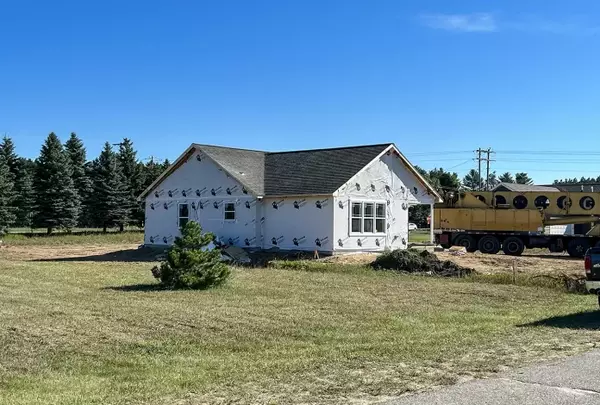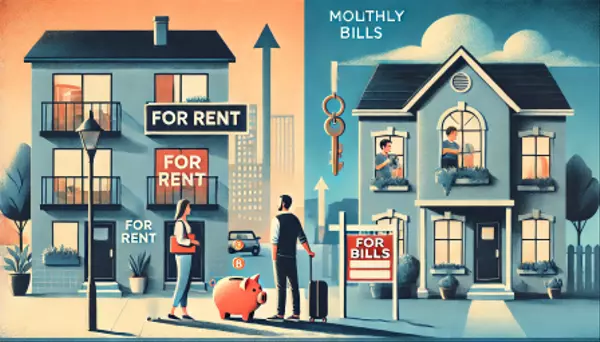Why is your home not selling?
**Why is Your Home Not Selling?**
In the current real estate market, selling a home can be both an exciting and nerve-wracking experience. However, if your home has been sitting on the market for longer than you anticipated, it’s natural to feel frustrated and confused. There are several factors that could be contributing to this predicament. Let’s dive into some key aspects that might be affecting your home's sale.
**Is the Price Too High?**
One of the most common reasons a home doesn’t sell is that it’s priced too high. While it’s natural to want to get the best possible return on your investment, setting an unrealistic price can deter potential buyers. In today’s market, buyers are savvy and have access to a wealth of information online. They can easily compare your home to similar properties in the neighborhood. If your asking price is significantly higher than comparable homes, they may skip over your listing entirely.
It’s crucial to consult with a knowledgeable realtor who understands the local market trends and can provide a comparative market analysis (CMA). This will help you set a competitive price that attracts buyers while still giving you a fair return.
**Are You Thinking Your House is the Best?**
Every homeowner has an emotional attachment to their property, but it’s important to view your home through the eyes of potential buyers. You might think your house is the best on the block because of personal memories or unique features that you love. However, buyers are looking for a house that meets their needs and preferences, not necessarily yours.
Take a step back and objectively evaluate your home’s strengths and weaknesses. Are there any outdated fixtures or areas that need improvement? Sometimes minor upgrades like fresh paint, new light fixtures, or updated kitchen appliances can make a significant difference in attracting buyers.
**How is the Curb Appeal?**
First impressions matter immensely in real estate. The exterior of your home is the first thing potential buyers see, and if it doesn’t look appealing from the outside, they may not even bother to come inside. Curb appeal encompasses everything from landscaping and exterior paint to the condition of your driveway and front door.
Simple enhancements like mowing the lawn, planting flowers, power washing the siding, or painting the front door can drastically improve your home’s curb appeal. Investing time and effort into making sure your home looks inviting from the street can pay off in spades.
**Market Update: Understanding Current Trends**
The real estate market is constantly evolving, influenced by factors such as interest rates, economic conditions, and local developments. It’s essential to stay informed about current market trends in your area. For instance, if there’s an oversupply of homes for sale in your neighborhood or if interest rates have recently increased, it might take longer to sell your property.
A good realtor will keep you updated on these trends and advise you on how best to navigate them. They can provide insights into what buyers are currently looking for and suggest strategies to make your home more appealing.
**Neighborhood Matters**
Finally, consider how your neighborhood impacts your home's attractiveness to potential buyers. Are there any new developments or amenities nearby that add value? Conversely, are there any issues like increased crime rates or declining school ratings that could be deterring buyers?
Highlighting positive aspects of your neighborhood in your listing description can make a big difference. If there are parks, good schools, shopping centers, or public transportation options nearby, make sure prospective buyers know about them.
In conclusion, selling a home requires careful consideration of various factors including pricing, presentation, market conditions, and neighborhood appeal. By addressing these elements thoughtfully and working closely with a competent realtor, you can increase your chances of making a successful sale.
Categories
Recent Posts










GET MORE INFORMATION

